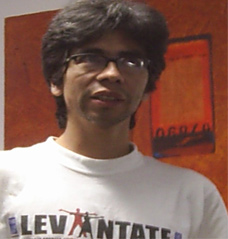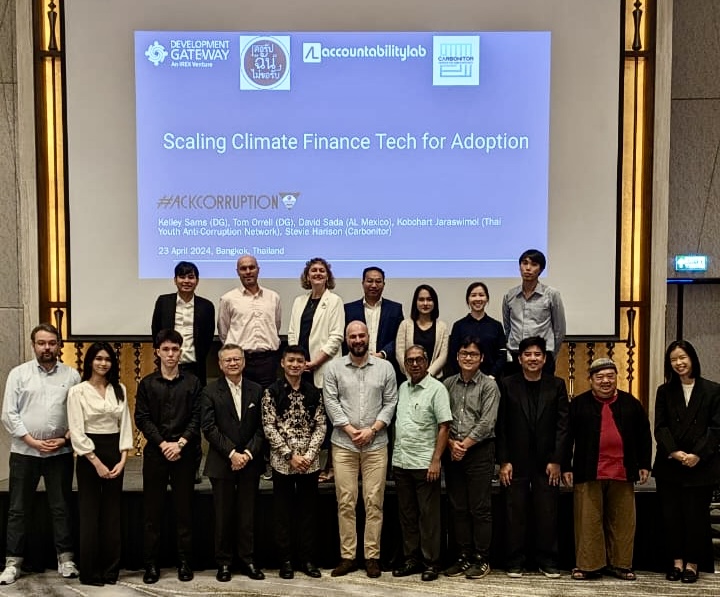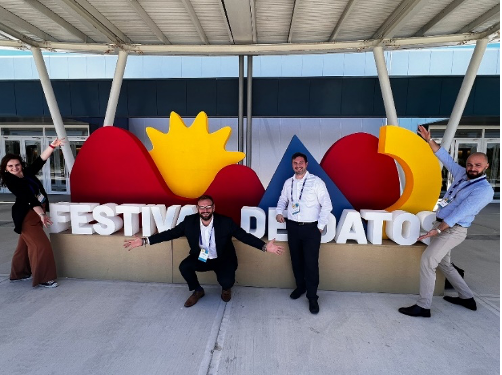Youth Working to Reduce Corruption
|  |
| “This course must be obligatory for public functionaries,” according to Jovany Santana, a participant from Fusagasuga, outside Bogota. |
Colombia
Some youth in Colombia are showing what their generation can do to increase accountability in government.
Ocasa, a nonprofit organization located in Bogota, has generated a large network of young people who are engaged in strengthening democratic institutions in their country.The nonprofit develops programs on transparency in public institutions and civic participation. Ocasa has trained more than 100 people, ages 16 to 30, in anti-corruption courses.
Its flagship course Care of the Public Sector: Tools for Young People, is part of an e-learning curriculum. It examines the causes of corruption and introduces the students to the basic tools of citizen participation. The central themes of the course are developed through discussion forums and Internet chats. In addition to what each of the participants can learn by studying the online content, the interaction with other students from different regions of the country is of vital importance to creating a collective learning environment and the possibility of joint initiatives.
Maria José Dueñas, one of the participants in the course, said that it was motivating to meet people like herself who shared a similar feeling about civic issues even though they lived in other parts of the country.
This type of success could not have been possible without the assistance of avanza, the Colombia development gateway. This public-private partnership created its Web site as a space for knowledge sharing and to fight against poverty through the use of information and communications technologies. Providing technical assistance to nongovernmental organizations such as Ocasa is one of the many services avanza provides.
The information technology support of avanza enabled Ocasa to deliver its anti-corruption courses to young people living in remote areas of the country. Half of those trained were from Bogota, the rest came from all regions of the Colombia. The virtual classrooms offer a direct line of communication among the young participants. They can share their experiences with their peers in other parts of the country and learn from one another. In this way the virtual classroom helps to create a support network that is vital to the strengthening of democracy.
Share This Post
Related from our library

The Future of Technology Governance and Global Development: Why DG Brought DataReady In-house
DG is excited to announce we now have more robust data governance advisory services with the recent integration of DataReady.

Letting the Sunshine in: Building Inclusive, Accountable, and Equitable Climate Finance Ecosystems
In April, DG, HackCorruption, and the Thai Youth Anti-Corruption Network hosted a roundtable in Bangkok to discuss climate financing. This blog explores the main takeaway: a multi-disciplinary and multi-stakeholder approach that prioritizes local contexts, inclusive governance, transparency, accountability, and equitable distribution of resources is essential to impactful climate financing.

Developing Data Systems: Five Issues IREX and DG Explored at Festival de Datos
IREX and Development Gateway: An IREX Venture participated in Festival de Datos from November 7-9, 2023. In this blog, Philip Davidovich, Annie Kilroy, Josh Powell, and Tom Orrell explore five key issues discussed at Festival de Datos on advancing data systems and how IREX and DG are meeting these challenges.